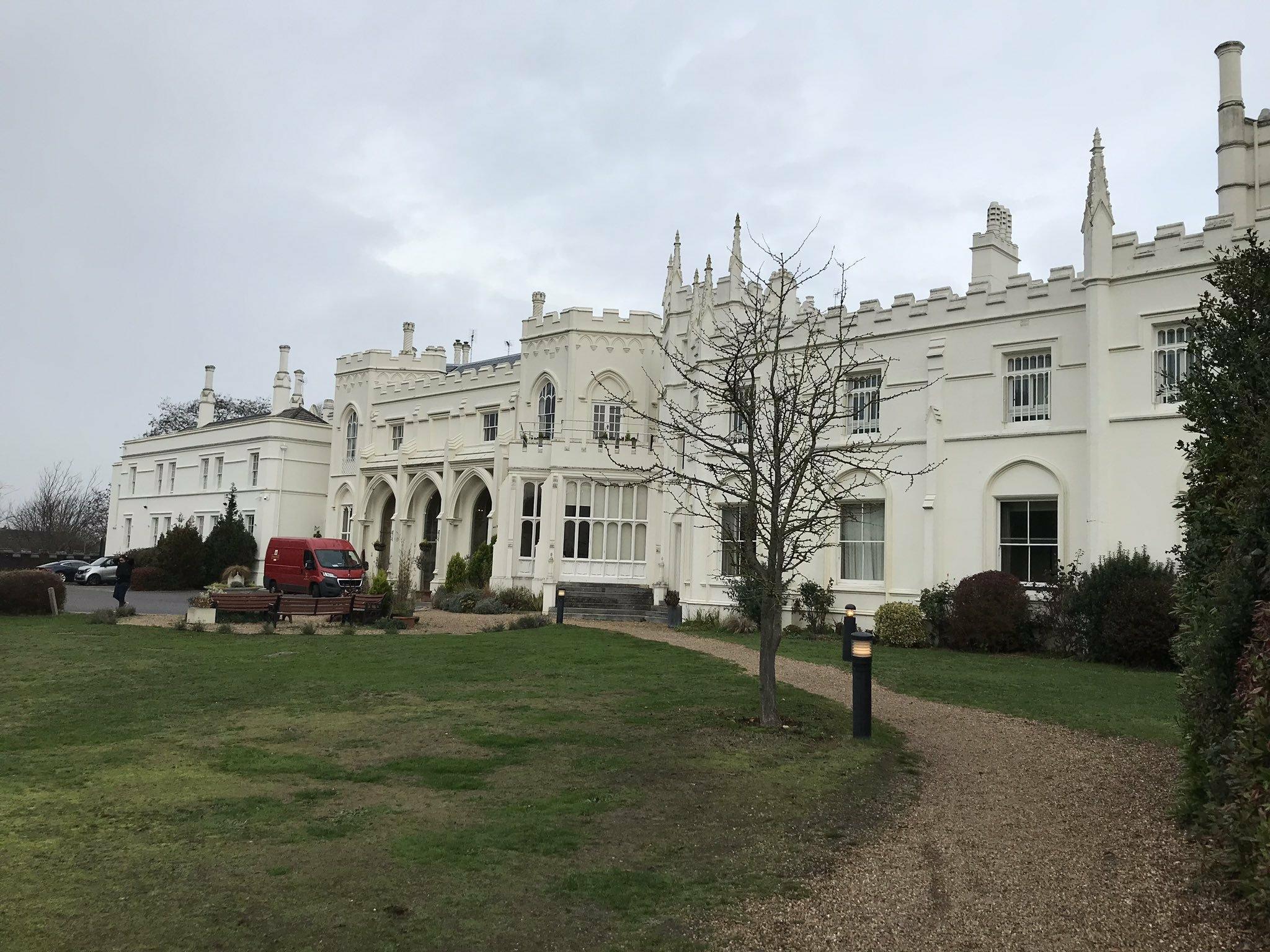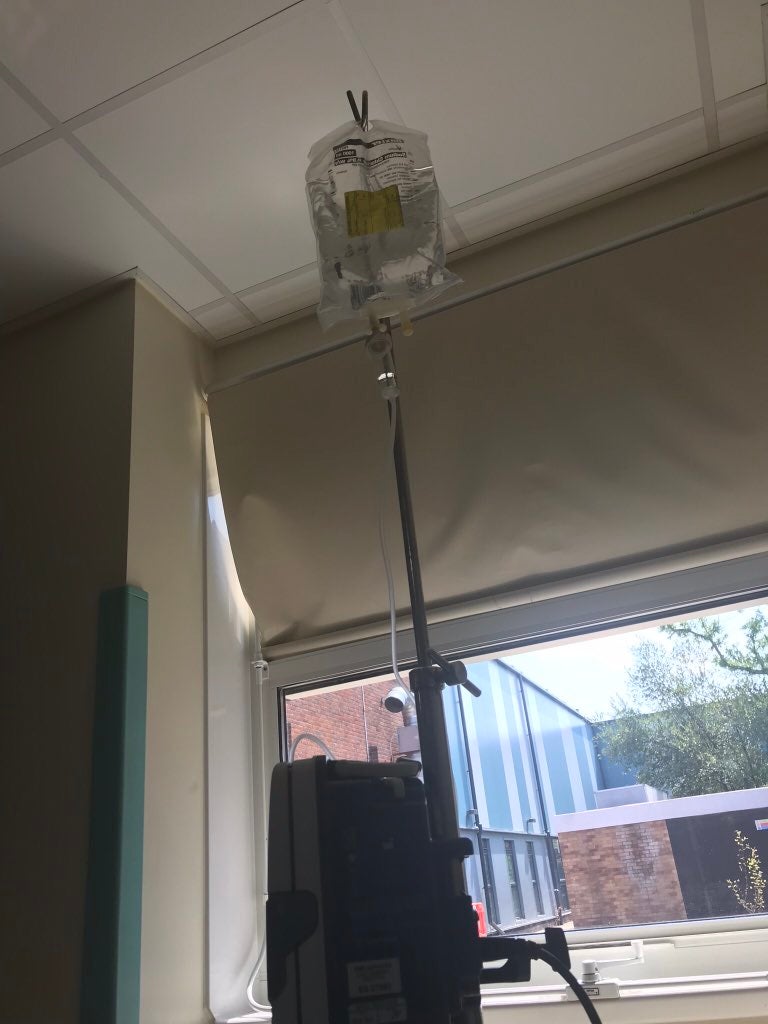Mental health patient left with PTSD after 10-day wait for NHS psychiatric bed
'The trauma of having to wait so long and not receiving appropriate treatment has made my condition worse, rather than helping me to get better'

Your support helps us to tell the story
From reproductive rights to climate change to Big Tech, The Independent is on the ground when the story is developing. Whether it's investigating the financials of Elon Musk's pro-Trump PAC or producing our latest documentary, 'The A Word', which shines a light on the American women fighting for reproductive rights, we know how important it is to parse out the facts from the messaging.
At such a critical moment in US history, we need reporters on the ground. Your donation allows us to keep sending journalists to speak to both sides of the story.
The Independent is trusted by Americans across the entire political spectrum. And unlike many other quality news outlets, we choose not to lock Americans out of our reporting and analysis with paywalls. We believe quality journalism should be available to everyone, paid for by those who can afford it.
Your support makes all the difference.An NHS mental health patient who spent 10 days detained in a general hospital because of a shortage of psychiatric beds has said she has been diagnosed with post-traumatic stress disorder from the ordeal.
Clare, who is in her 30s and asked not to be identified, told The Independent her health had deteriorated as a result of being sectioned by Surrey and Borders Partnership NHS Foundation Trust following a suicide attempt in November.
While she went into hospital “feeling awful”, she came out feeling no better, having been offered no meaningful psychotherapy and placed on a lower dose of medication, and now had “the added joy of a PTSD diagnosis”.
“A big part has been the admissions process, not being listened to and having people around me making decisions without taking my ideas into account – while being stuck in the hospital for 10 days,” Clare said.
“I’m having trouble sleeping after my time in hospital because of all that, the trauma of that.”
Clare works in a mental health role in the NHS and has not yet been able to return to work. She has supportive family and friends, but says it should not be up to them to care for her when the NHS says she is ineligible for psychotherapy or the help of its community home team.
When Clare tried to kill herself, shortly before Christmas, it was her second attempt in less than six months.
“I think they panicked,” she said. “It was my second suicide attempt and I think they were worried their previous response hadn’t been good enough and they went to another extreme.”
After a 17-hour wait at A&E, doctors decided to detain Clare under the Mental Health Act, but told her there were no psychiatric beds available anywhere in the UK.
The Act is intended to keep patients who may be a risk to themselves or others detained and make treatment decisions for them.
But a major independent review of its powers – triggered by a 30-per-cent increase in people being sectioned between 2011 and 2015 – called for sweeping reforms.
This included better consultation with patients about their wishes and powers to challenge decisions that deviate from it. It also said there was a pressing need for investment in community services to stop patients reaching crisis point.
Clare said there was no treatment and little contact from the psychiatric liaison team during her time in hospital, and says her frustrations were compounded by knowing she was medically fit and occupying a hospital bed that could be used by someone else.

While the staff member who recommended she be sectioned came to “apologise” for the situation eight days in, it took another two days before an NHS-funded bed was eventually found at a branch of the private Priory group, better known for rehabilitating celebrities with addiction issues.
Three days later, after seeing a consultant, they agreed she could be sent home. But two months on Clare says she has now been discharged by the community health team as well, despite feeling she is “struggling and desperate for help”.
“I’ve been told, if I am in crisis, to access the crisis line and phone their [Surrey and Borders] services – I don’t feel able to do that because I believe my current state of crisis is caused by them.
“The trauma of having to wait so long and not receiving appropriate treatment has made my condition worse, rather than helping me to get better.”
Dr Ranga Rao, who leads on acute care for the Royal College of Psychiatrists, is on the other side of contending with these bed pressures on a daily basis. He says it also poses a significant burden for staff, who first have to look at nearby NHS hospitals before searching further afield.
“We were meant to invest in community mental health beds, but the number of acute beds has come down faster,” he told The Independent.
“We have more patients in NHS hospitals waiting to come in, and we have an increase in the number of out-of-area placements and rising numbers admitted into the private sector.”
A report last year found the NHS spends £350m a year on out-of-area placements and private facilities where there is no capacity locally. But this can be far from ideal as patients can be sent hundreds of miles away from supportive family members for months at a time.
Maggie Gairdner, director of mental health services at Surrey and Borders, said its was investigating Clare’s concerns, adding that she was still under the care of the community team – although this is not what Clare understands.
She said: “We are sorry that [Clare] feels her care and treatment have fallen short of the high standards we aim to offer everyone who needs our support.”
Join our commenting forum
Join thought-provoking conversations, follow other Independent readers and see their replies
Comments